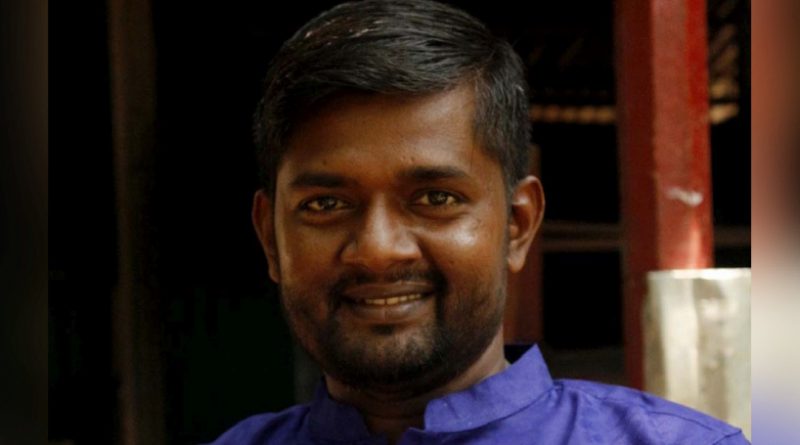Bangladeshi journalist arrested under disputed digital law
Dhaka (AP) — Police in Bangladesh arrested a journalist for an influential newspaper on Wednesday on charges of spreading false news under the contentious Digital Security Act, authorities said.
Home Minister Asaduzzaman Khan said Samsuzzaman Shams was arrested for a report published in the newspaper, Prothom Alo, on March 26, Independence Day.
The report, written by Shams, quoted a day laborer as saying that the country’s independence didn’t mean much to him while he struggles to survive because of high inflation and other reasons. Some other media questioned the photo that accompanied the story, saying it appeared staged. The Prothom Alo revised the story and photo.
The article was widely shared on social media, apparently embarrassing the government of Prime Minister Sheikh Hasina, which says it is helping Bangladesh graduate to a developing nation from least-developed country status.
Khan said the report was “false, fabricated and ill-motivated,” but authorities did not immediately clarify how it was inaccurate.
Prothom Alo said Shams was detained in a raid early Wednesday at his home in a Dhaka suburb and his laptop computer and two phones were seized.
The country’s main opposition group, the Bangladesh Nationalist Party led by former Prime Minister Khaleda Zia, quickly criticized the government for the arrest.
“I don’t understand what crime the journalist has committed,” said party secretary general Mirza Fakhrul Islam Alamgir. “I strongly condemn the detention of Shasuzzaman Shams and demand his immediate and unconditional release.”
The case was filed under the Digital Security Act by a man who reportedly belongs to the youth wing of Hasina’s governing Awami League party. Journalists and human rights groups oppose the law, saying it is used to suppress dissidents and government critics.
The government says the law, enacted in 2018, is needed to fight misinformation, disinformation and attempts to undermine people’s rights.
The New York-based group Human Rights Watch has said the law “strikes a blow to freedom of speech.”



